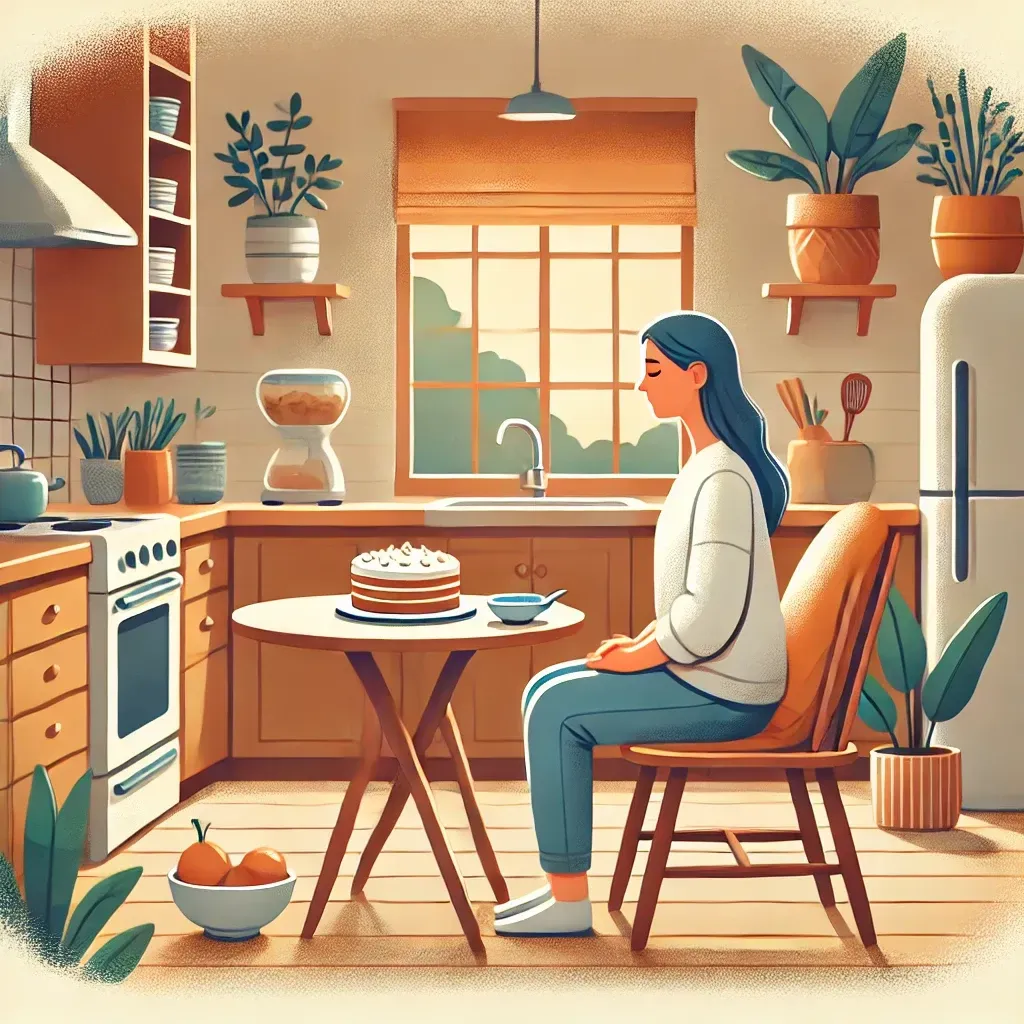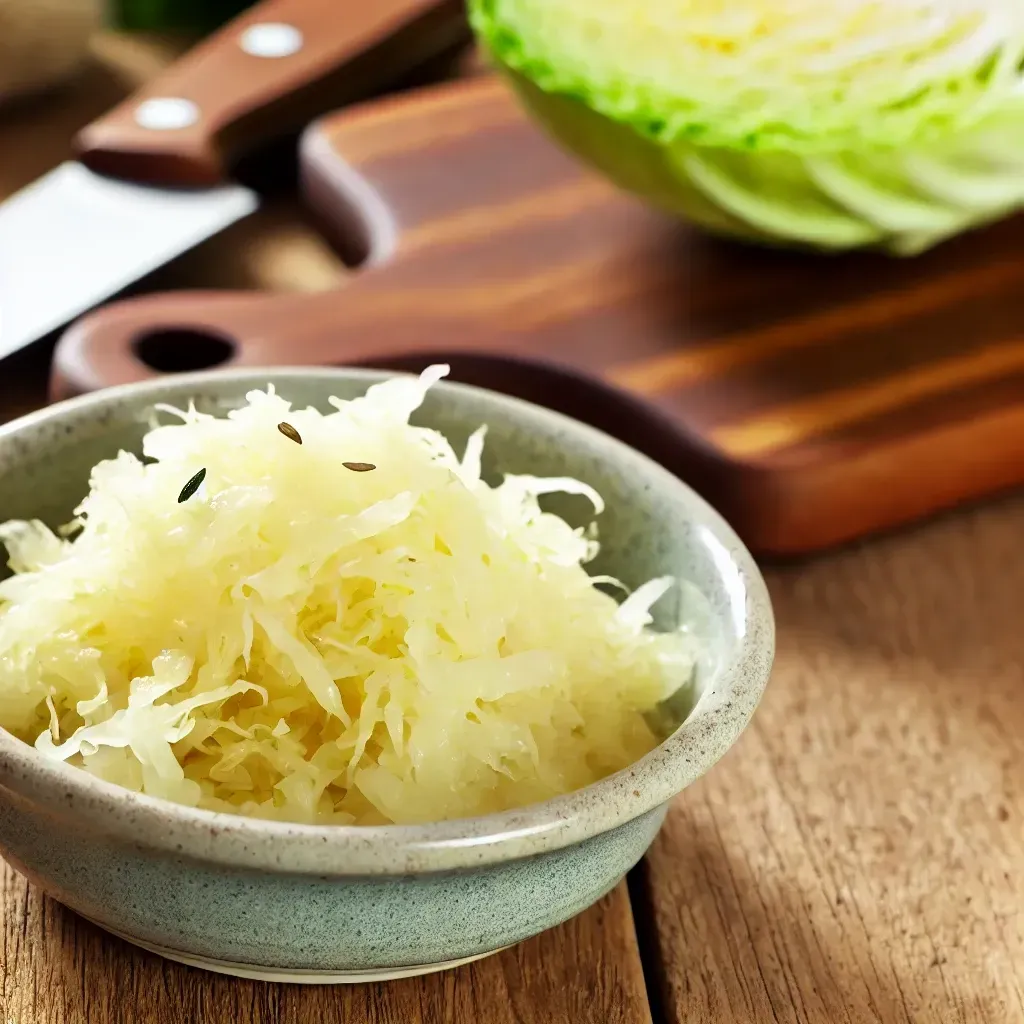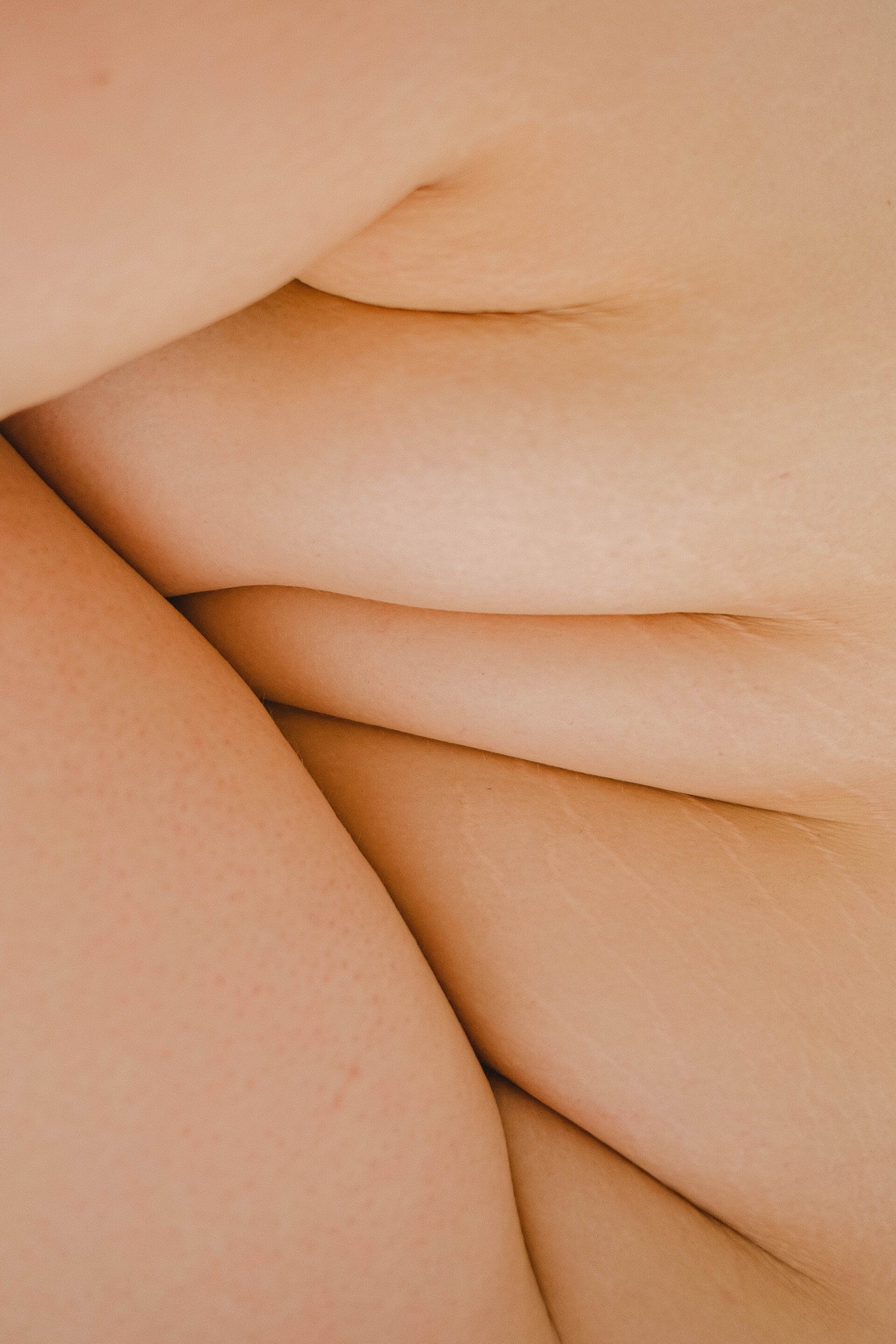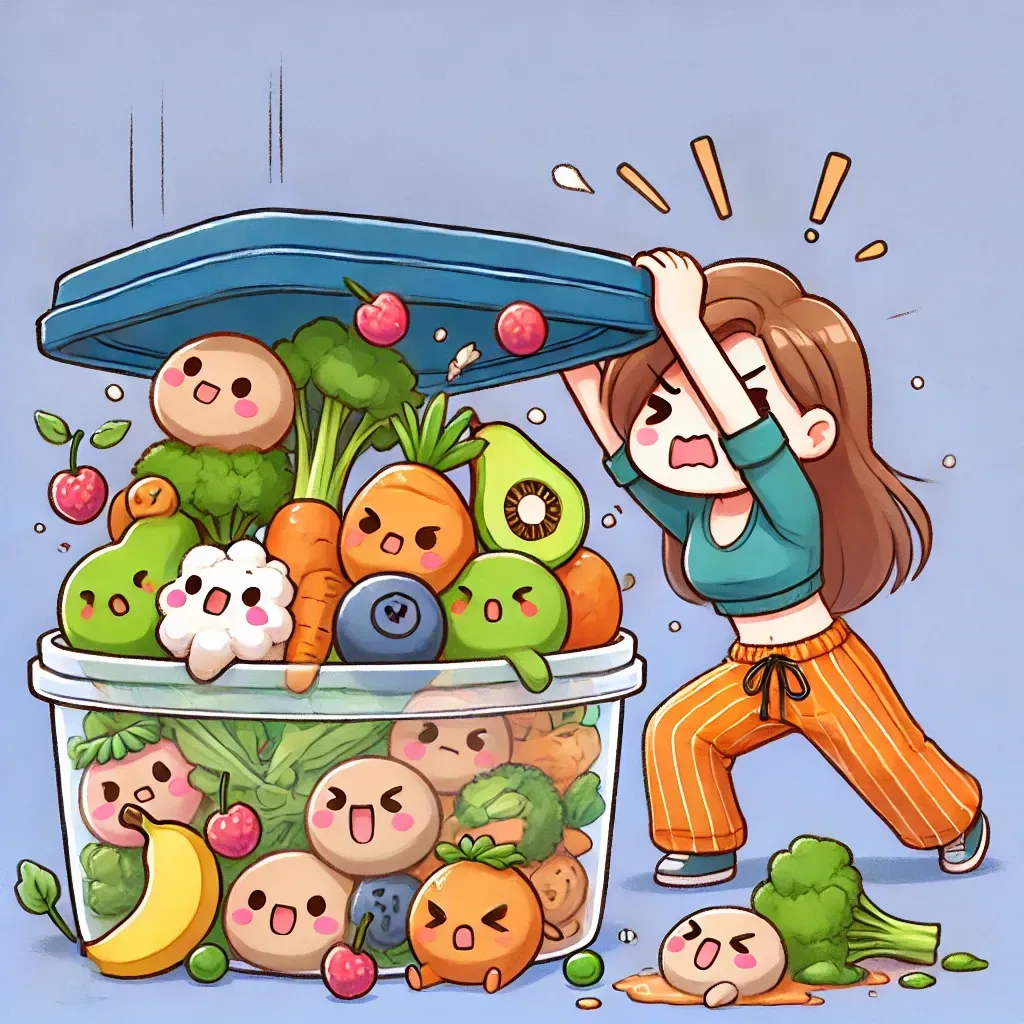Coronavirus Part 2: Prevention
Help Stop the Spread of the Coronavirus
It might seem like common sense, but it never hurts to hear it one more time. Anything that can help you might make the difference in the long run.
- Wash your hands. Do not skip this step. This is one of the most important things you can do to prevent yourself from acquiring this virus.
- Lather with soap and wash for at least 15 -20 seconds every hour if you are in a public area. Only 70% of people wash their hands after using the toilet in the airport. And only half of those wash their hands correctly by using both water and soap and washing for at least 15 seconds [1].
- If you need a handwashing timer, the CDC recommends humming “Happy Birthday” from beginning to end twice.
- You must use friction to remove germs when washing. This is the same if you use hand sanitizer – two times through “Happy Birthday” rubbing your hands together.
- Avoid travel and attending large crowd group activities. If you must travel wear a mask.
- Stay home if you are sick.
- Cover your coughs and sneezes. Immediately wash your hands (as directed above) after sneezing or coughing.
- Clean and disinfect frequently touched surfaces DAILY (tables, doorknobs, light switches, counter tops, handles, desks, phones, keyboards, toilets, faucets, and sinks).
- Put your body first and support your immune system:
- Stress management - Stress weakens the immune system. In my previous blog (Coronavirus Part 1) I said not to be paranoid. Basically, don’t panic. Easier said than done with a pandemic threat sniffing around the block. This fear can impact your immune system making it more susceptible to illness. But, in my previous blog, I also said to be smart and be safe. Put your body first.
- Sleep – Set a bedtime and stick to it.
- Physical Activity – Get moving. Now that it’s starting to get “nice” outside, skip the gym (and the crowds/germs there) and get outside. Bundle up if necessary.
- Maintain or develop a healthy diet - Consume foods that support the immune system, take supplements and herbs, and make sure you’re getting your vitamins and minerals.
- Wear a mask if you are going in public. Studies show that cough droplet ballistics and the latest research findings on the biology of transmission of the SARS-CoV2 virus (which causes COVID-19) that any physical barrier, as provided even by make-shift masks, may substantially reduce the spread of COVID 19.
Hang in there until my next blog (Coronavirus Part 3: Build Your Immune System)
for suggestions on specific supplements, herbs, minerals and vitamins that will help support your immune system and give you that extra boost that could make all the difference in warding off the coronavirus.
For more information, or to sign up for daily email updates on the virus, visit the Centers for Disease Control and Prevention’s website: https://www.cdc.gov/coronavirus/2019-ncov/about/prevention.html
If you are experiencing health issues, you could really benefit from information on how to strengthen your immune system. Functional nutrition is great when it comes to helping the body overcome immune system challenges. Sign up for a 45-minute session with me for $150 where you'll get to talk with a real person about your real health issues.
Sources:
https://www.eurekalert.org/pub_releases/2020-02/miot-sts021020.php
Don't Miss Out On More!

Heidi Toy FNTP
I help people all over the world heal by identifying and treating the root cause of their body imbalances. Through diet and nutrition, I guide them towards wholeness and balanced lives.
Heidi Toy Functional Medicine Blog

For many of us, our experience with food comes with some sort of baggage. Maybe you eat to cope with stress, anxiety or depression. Maybe you’ve grown up with value-words placed on food such as “junk” and “healthy,” and told you couldn’t eat the “good stuff” (brownies and ice cream) until you finished the “yucky stuff” (broccoli and lettuce). Or, even more serious, maybe you or a loved one has struggled or is struggling with an eating disorder. Food is amazing and life-giving. It can be used as a means to celebrate, socialize, or simply just provide fuel for the body. Our relationship with food shouldn’t be a difficult one, it should be an enjoyable one. A way to get to that healthy place in your relationship is to practice mindful eating. Mindfulness is a Buddhist concept of mediation that can help you recognize emotions and physical sensations present. Through mindful eating, you can learn to truly pay attention to your experiences, cravings and physical cues. The basics of mindful eating are: Eat slowly, without distraction. If you are eating with others, take a least five minutes at the start of the meal to enjoy the food on your plate before engaging in discussion. Pay attention to your body--are you still hungry, or are you getting full? Learn to distinguish between cravings and true hunger. Use all your senses when you sit down to a meal. Make an effort to notice how the food looks, smells, tastes, feels in your mouth, and sounds when you chew. Appreciate your food, who has prepared it (even if it’s you--what an accomplishment!), and where it comes from. Being mindful of your experience will help you slow down while eating. This can prevent overindulgence by making the act of eating intentional instead of automatic. It will also help you become aware of triggers that make you want to eat (are you truly hungry at 9pm every night when you sit down to watch that Netflix show, or do you just pour yourself a bowl of Chex Mix because that’s what you always do?). Knowing your triggers can give you time to process what’s truly going on and the ability to react properly.

Here are the essential functional medicine steps for Fifth Disease! If your child comes home with bright red cheeks that look like they’ve been “slapped,” chances are they may have fifth disease, also known as erythema infectiosum. This mild viral illness, caused by parvovirus B19, is common in kids and often spreads t

Successfully healing Adrenal Fatigue requires a holistic approach focussed on fixing the root cause of your problems and supporting your body through the healing process. This means we are going beyond just temporary symptom relief. We want you to return to vibrant health so you can get back to the active and healthy lifestyle that Adrenal Fatigue is holding you back from. (Adrenal Fatigue is more accurately known as HPA-D. Check out my blog HPA-D vs Adrenal Fatigue to learn more.)Again, we would be completing further testing to get to the root cause of your issues, but this protocol is a great starting point for healing. We focus on five essential areas for fast and long-term healing.

I want it! Sooooooo bad. But I want to lose weight, too. It’s not on my list of healthy, squeaky clean healing foods, but what will one little bite hurt? I can start again fresh and clean tomorrow. When brownies call your name and you are trying to break up with them, it is difficult to avoid the urge to want to indulge. But you know if you give in that you will berate yourself with guilt for the next 24-48 hours and the tsunami of eating everything off-plan will take over your life. One bite will start an avalanche... But you just can't stop thinking about the pan of brownies you made for the kids.

Did you know most people didn’t have refrigerators in their homes until well into the 1900’s? It wasn’t even invented for large scale commercial use until the mid 1800’s [1]. So how did people keep their milk cold and make their food last longer? Fermentation. It sounds like a gross concept, because we often associate fermentation with a bad odor, but foods like cheese, yogurt, sauerkraut and pickles are all fermented foods. And those aren’t gross, are they? Well, some might disagree with me about sauerkraut, but that’s beside the point. Fermented foods are digestive aids. Microscopic living organisms in fermented foods help extend the food’s shelf life, enhance flavor, and help the body absorb minerals. These organisms pre-digest the food, getting rid of harmful components, and create more vitamins and enzymes than the food began with. Enzyme-rich foods have many benefits including [2]: Increase digestibility of food we eat Boost immune system Increase alkalinity; neutralizing pH levels Provide a healthy balance of friendly flora in the gut (Learn more about your microbiome in my other blog posts ) Tone the colon and help with elimination Control cravings for unhealthier foods Eliminate toxins and undigested wastes in the body In the “old days,” people use to ferment all kinds of foods through pickling, canning, pasteurization and added salt. Nowadays, however, large scale fermentation has lost many of its nutritious benefits due to the need for speed to get the product on the shelf as fast as possible and as cheap as possible. The only true fermented foods you will find are sauerkraut, kombucha, yogurt and kefir, beans, wine and beer, some meats (such as salami and pastrami), legumes and nuts (such as tofu, soy sauce and miso), sourdough bread, and various kinds of vegetables [3]. Fun facts about sauerkraut: The Germans “stole” it from the Chinese! Sauerkraut (probably not labeled as such for the Chinese, but the same recipe) was one of the main foods for those who built the Great Wall of China. Genghis Khan brought it to Eastern Europe during an invasion. It also contains high levels of vitamin C, and sailors often took it on long journeys to prevent scurvy.

How can we best keep blood sugar stable? Do what our body is designed to do – use fat for energy. Our species did not survive the Ice Age because of vanilla coffee lattes and cheesecake. Throughout most of our history, we ate a diet that was likely 50-70 percent fat. Look at the old family photo albums, specifically pictures of people in the first half of the 1900s, before we had so many processed foods. You won’t see many fat people--in fact, most look darn skinny. If they lived on the farm, they ate lots of eggs, meat, milk, and vegetables out of their own backyards. “Diet foods” were non-existent. Heart disease was almost non-existent. Our metabolism is designed to work much better with fats better than with sugar. Fats provide the slow and steady fuel our body likes to use for energy. Think of fats as a slow-burning log on the fire. One log (i.e. one meal containing fats) lasts for hours. Starchy carbs, on the flip side, are like kindling. You constantly have to throw more twigs (chips, pasta, bagels) to keep the fire burning. The first step is to know your sugars by reading the labels, and then avoid said sugars as much as possible.








































































































